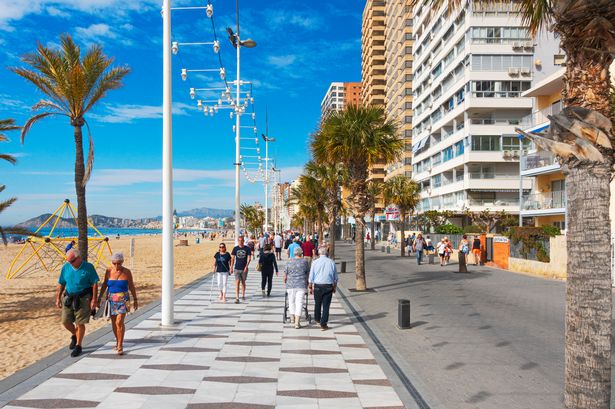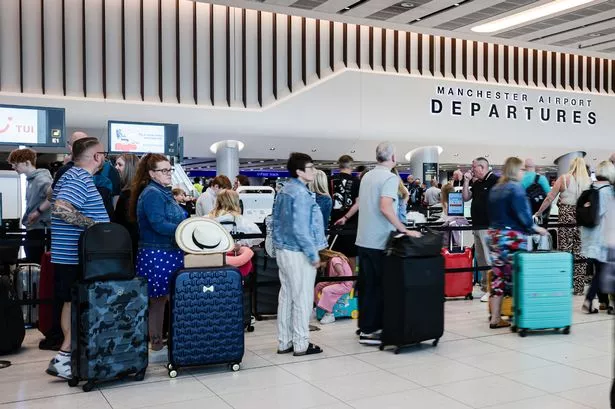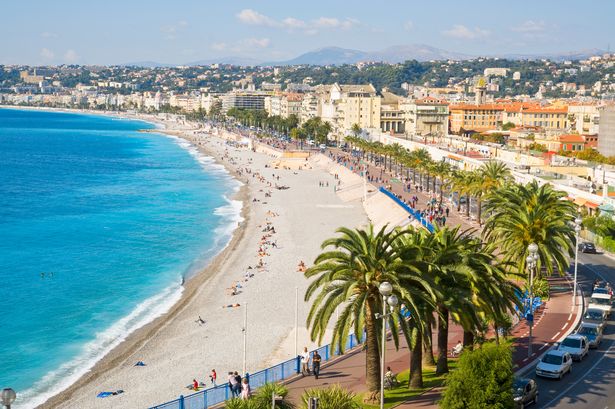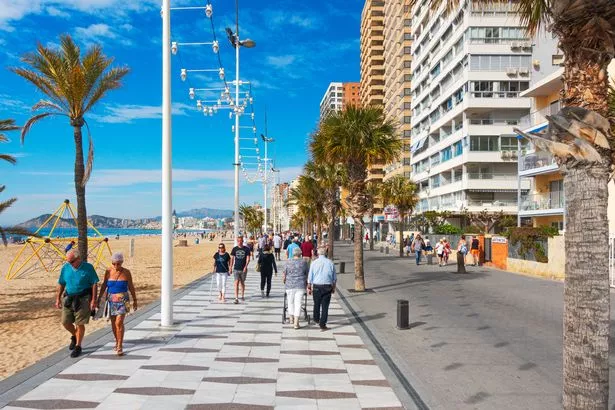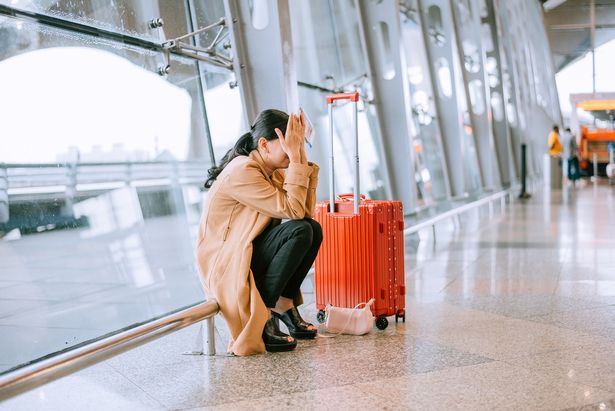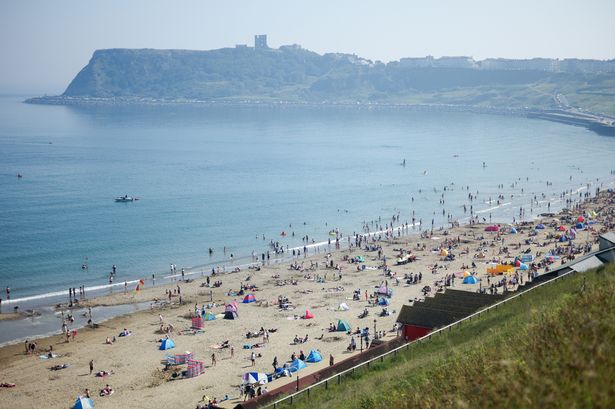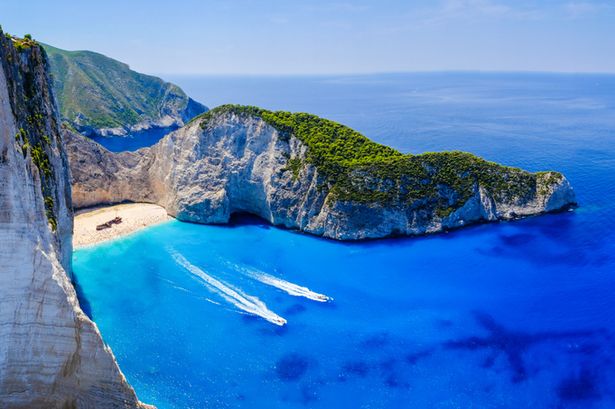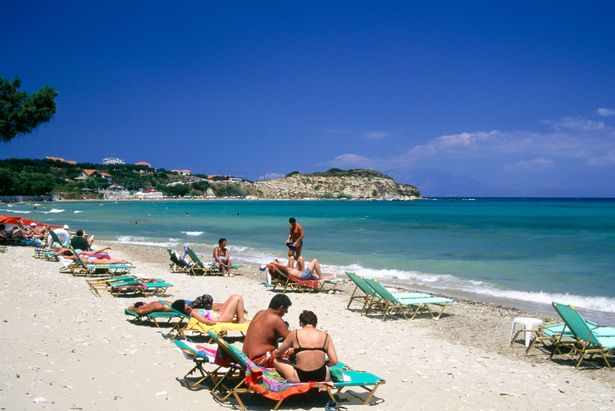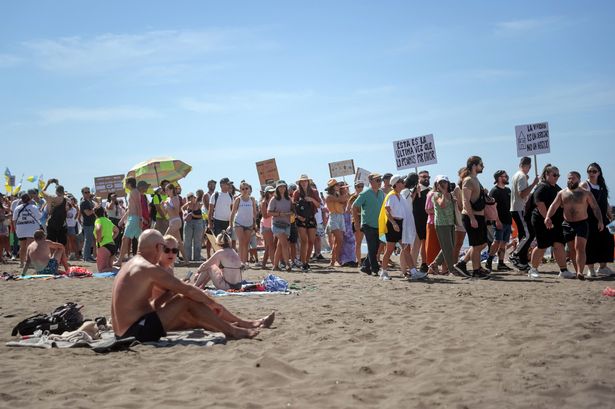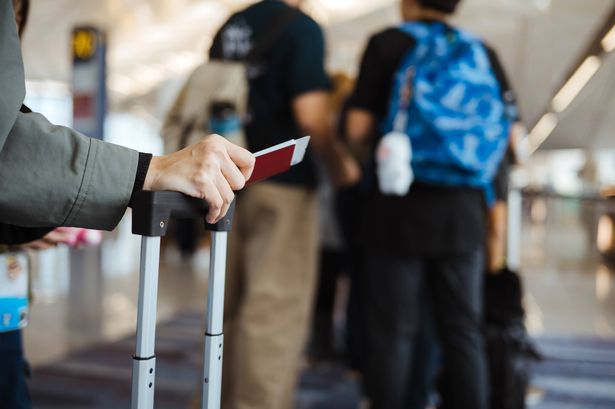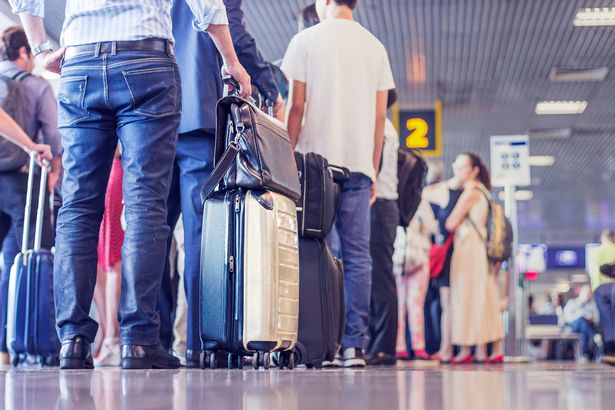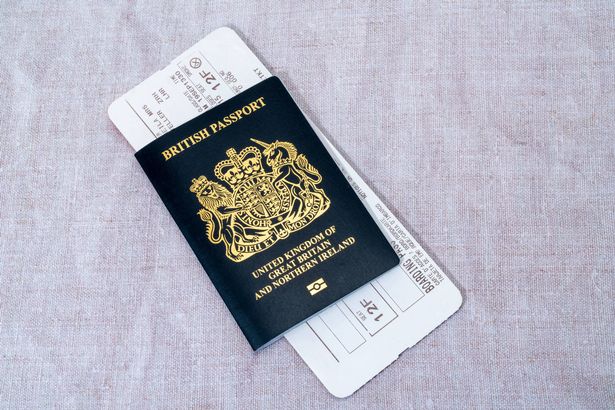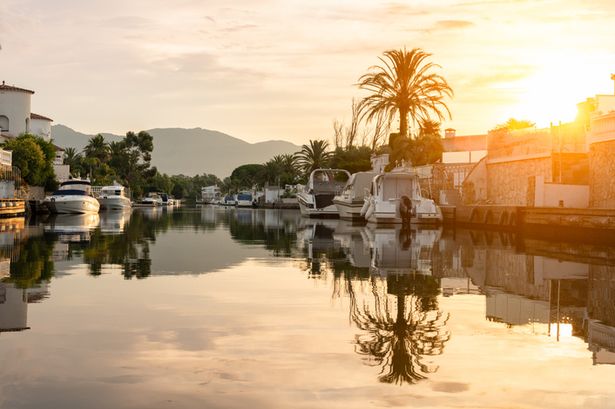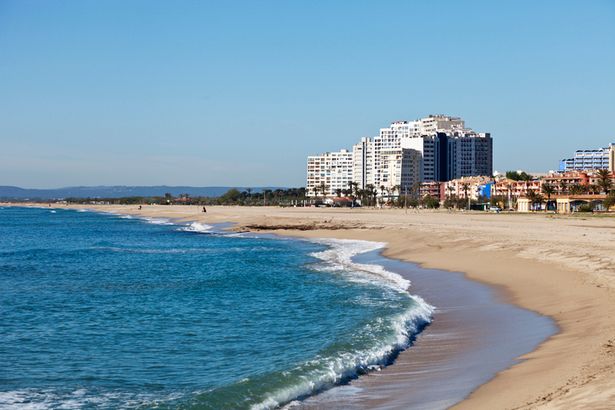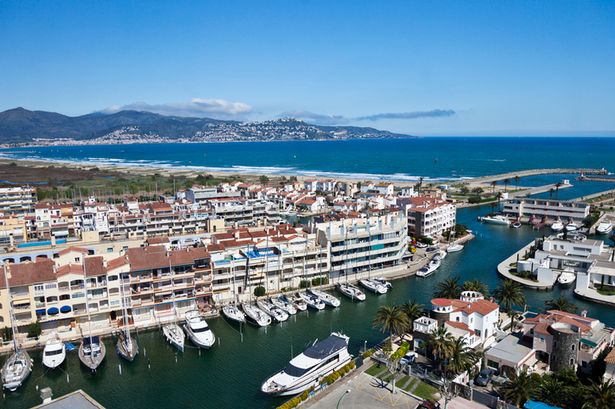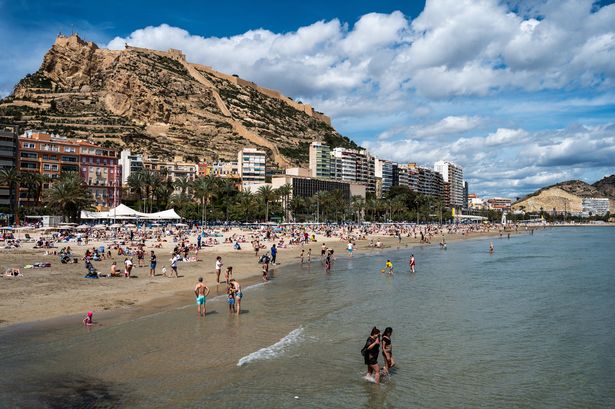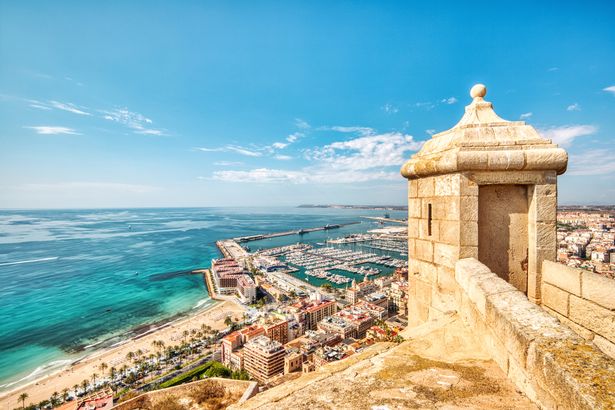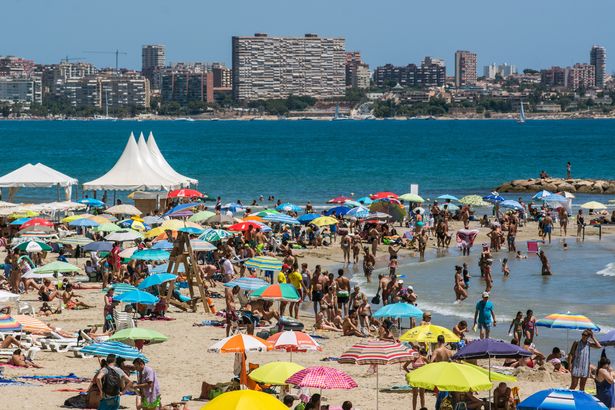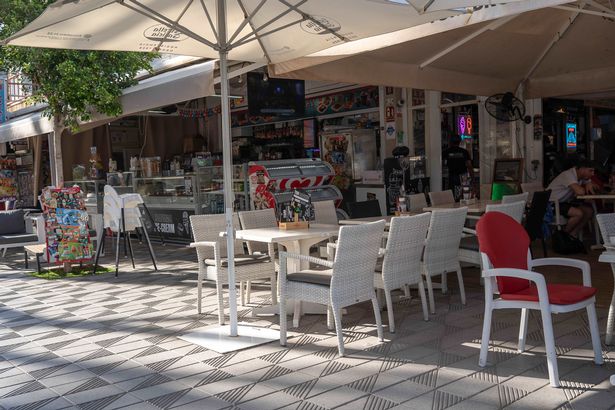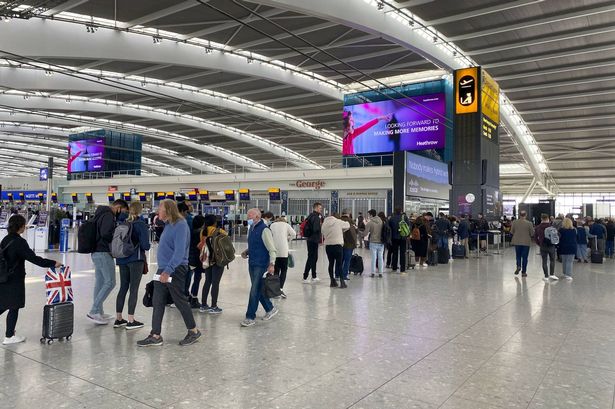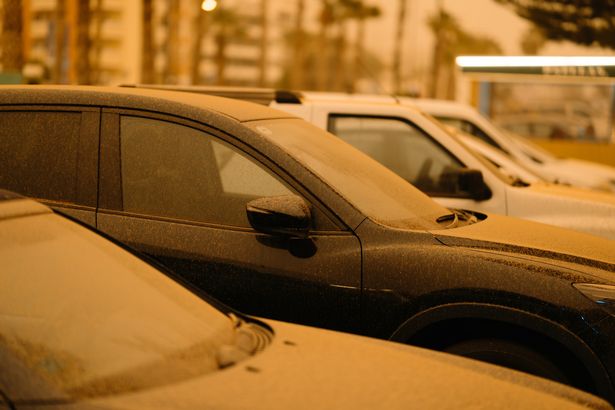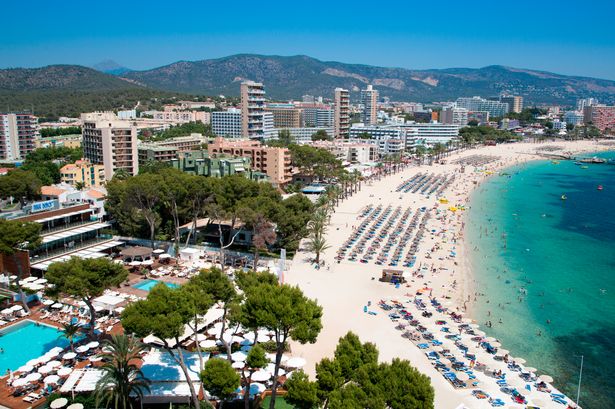A Benidorm expert has warned Brits that a common crime in the popular tourist hotspot has taken a “scarier twist” in recent times – and she knows from personal experience
A Benidorm specialist has issued a stark warning to Brits, stating that a common crime in the popular holiday destination has taken a “scarier twist”.
Michelle Baker, who moved to Spain 40 years ago and raised a family in Benidorm while running a newspaper for two decades, now shares information through her Facebook group, Benidormforever. She has urged visitors to stay alert.
“Phone theft is the No1 crime in Benidorm and it’s now taken a scarier twist,” she penned, revealing details about a new phone scam.
She added: “I’m generally very positive about Benidorm, but several people I know personally have told me this happened to them recently (all of whom I consider streetwise individuals and none were drunk).”
Michelle revealed that she nearly fell victim herself to this crime in recent weeks, describing it as “clearly common and very easy to fall for”, before explaining what the crime involved.
She explained: “You’re approached by an agitated young individual who has ‘lost’ his friends and can’t remember where he’s staying. He explains vaguely where he thinks it is and you open Google Maps on your phone to help him find his way.
“Once your phone is unlocked he snatches it and runs FAST; with adrenaline on his side he’s a two second head-start before you even react. Quickly passing the phone to tech savvy experts, within minutes passwords were expertly changed and large amounts of savings swiped.
“I was lucky; I didn’t get my phone out I simply told the chap who stopped me where his hotel was… but my friends weren’t so lucky and are absolutely gutted to have fallen for this.
“It’s even sadder when you consider the many recent genuine stories of tourists getting lost, sometimes with tragic endings..
“So the moral of the story is; keep your phone out of sight; at best it’ll be swiped from a bar table and sold on for a few euros… but now it appears you’ll have all your money nicked too.”
Michelle emphasised that while the incidents were non-violent, they could still “ruin your holiday”.
She added, if you are approached by someone seemingly lost asking for help, guide them to the nearest hotel rather than whipping out your mobile.
Ominous reports earlier in the year included a British tourist in Benidorm being targeted by thieves who made off with his phone, leading to a staggering £16,000 spent via the pilfered handset.
Following the incident, two young individuals, aged 19 and 20, were apprehended by the Policia Nacional.
The authorities subsequently issued advice to never enter passwords or codes into your phone if there are onlookers, and to utilise different passwords for banking applications as a precaution against theft.
The Foreign Office has issued a warning to travellers, stating: “Be alert to the risk of street crime. Thieves use distraction techniques and often work in teams. Take care of your passports, money and personal belongings, particularly when collecting or checking in luggage at the airport, and while arranging car hire.
“Do not carry all your valuables in one place. Keep a copy of the photo page of your passport somewhere safe. Make sure your accommodation has adequate security. Keep all doors and windows locked. If you’re concerned about the security of your accommodation, speak to your travel operator or the property owner.”
